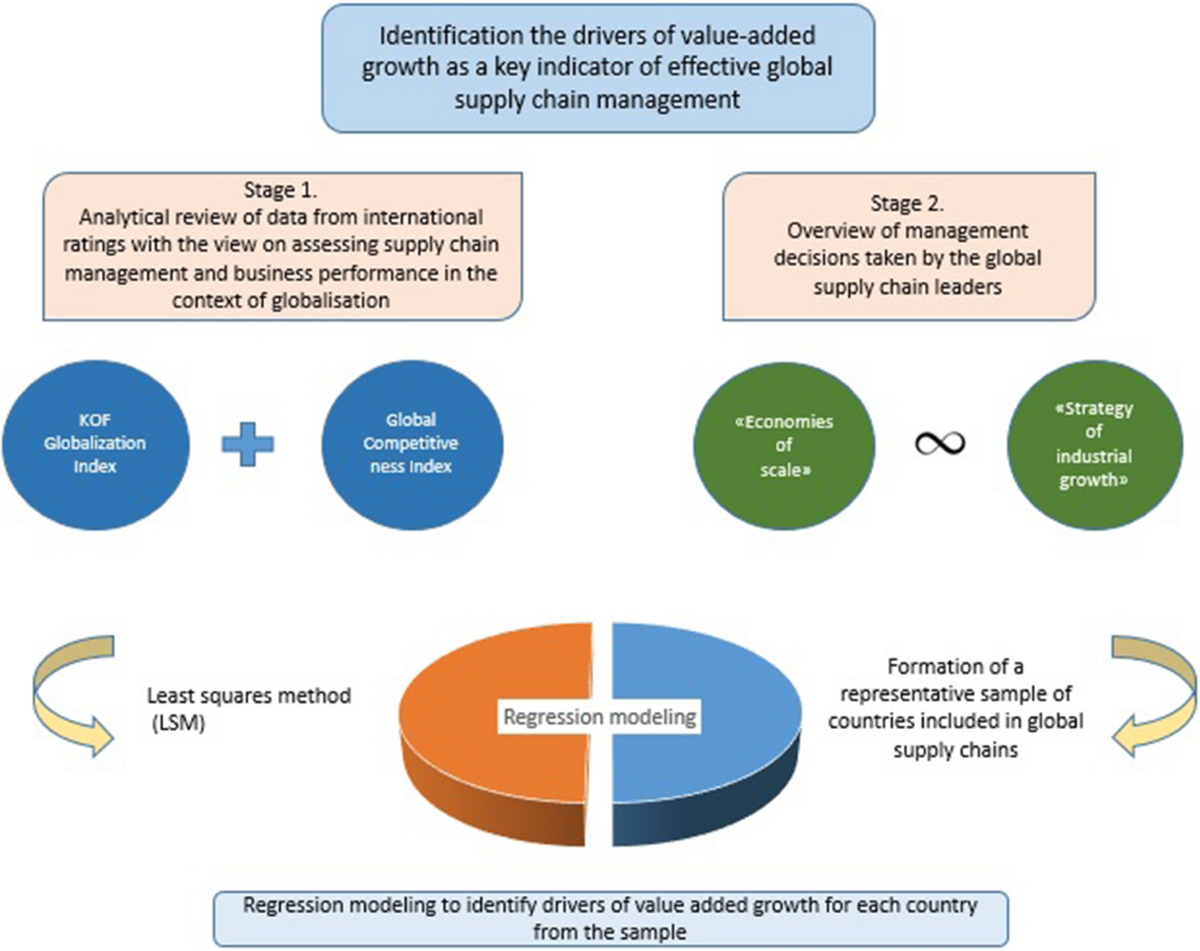A Journey Through Global Supply Chain Dynamics
In the fast-paced and interconnected world of today, the evolution of supply chains has become increasingly crucial for businesses to stay competitive and meet the demands of a global marketplace. The journey through global supply chain dynamics has been a fascinating one, marked by significant changes and innovations that have revolutionized the way goods and services are produced, distributed, and consumed.
The globalization of supply chains has opened up a world of opportunities for businesses to expand their reach and tap into new markets. With advancements in technology and communication, companies are now able to source materials and products from all corners of the globe, making supply chains more complex and interconnected than ever before. This interconnectedness has led to a greater need for transparency and visibility in supply chain operations, as businesses strive to ensure the efficient flow of goods from suppliers to customers.
One of the key drivers of change in global supply chain dynamics has been the adoption of digital technologies. From artificial intelligence and machine learning to blockchain and IoT devices, these technologies have revolutionized the way supply chains are managed and optimized. By leveraging data and analytics, businesses are now able to gain real-time insights into their supply chain operations, identify inefficiencies, and make data-driven decisions to improve performance and reduce costs.
The concept of sustainability has also played a significant role in shaping the evolution of modern supply chains. As consumers become more conscious of the environmental and social impact of their purchasing decisions, businesses are under increasing pressure to adopt sustainable practices throughout their supply chain. From reducing carbon emissions and waste to ensuring fair labor practices, sustainability has become a key priority for businesses looking to build trust and loyalty with their customers.

Image Source: springernature.com
The rise of e-commerce and omnichannel retailing has further transformed global supply chain dynamics, creating new challenges and opportunities for businesses to navigate. With the growing demand for fast and convenient delivery options, companies are having to rethink their logistics strategies and invest in technologies that enable them to meet the expectations of modern consumers. From same-day delivery services to drone deliveries, the future of supply chain management is increasingly focused on speed, efficiency, and customer satisfaction.
In conclusion, the journey through global supply chain dynamics has been a transformative one, driven by technological advancements, changing consumer preferences, and the need for sustainability. As businesses continue to adapt to the challenges of a globalized marketplace, the evolution of supply chains will undoubtedly continue, shaping the way goods and services are produced, distributed, and consumed in the years to come.
Unveiling the Transformative Power of Modern Logistics
In the ever-changing landscape of global supply chains, one key element has emerged as a driving force behind efficiency and success – modern logistics. The evolution of modern logistics has played a crucial role in shaping the way goods are transported, stored, and distributed across the world. From the invention of the shipping container to the implementation of advanced tracking technologies, logistics has come a long way in streamlining supply chain operations.
One of the most significant advancements in modern logistics is the use of technology to optimize transportation routes and delivery schedules. With the rise of GPS tracking systems and real-time data analytics, companies can now monitor the movement of their goods at every stage of the supply chain. This level of visibility not only improves efficiency but also allows for quick decision-making in case of any disruptions or delays.
Another transformative aspect of modern logistics is the integration of automation and robotics in warehouses and distribution centers. Automated guided vehicles (AGVs) and robotic arms can now handle tasks that were once done manually, such as picking and packing orders. This not only speeds up the process but also reduces the risk of human error, leading to higher accuracy and customer satisfaction.
Furthermore, the concept of interconnected supply chains has become a cornerstone of modern logistics. With the rise of e-commerce and global trade, companies are now operating on a truly global scale, sourcing materials from one part of the world, manufacturing in another, and selling to customers in a different region. This interconnectedness requires a seamless flow of goods and information, which can only be achieved through efficient logistics networks.
The adoption of just-in-time inventory management and lean principles has also revolutionized the way companies manage their supply chains. By keeping inventory levels low and relying on suppliers to deliver goods as needed, companies can reduce waste and improve cash flow. This lean approach to logistics has become essential in today’s fast-paced business environment, where agility and responsiveness are key to staying competitive.
Moreover, the sustainability of supply chains has become a top priority for many companies, driving the adoption of green logistics practices. From using eco-friendly packaging materials to optimizing transportation routes to reduce carbon emissions, companies are increasingly looking for ways to minimize their environmental impact. This shift towards sustainability not only benefits the planet but also helps companies build a positive brand image and attract eco-conscious consumers.
In conclusion, the transformative power of modern logistics cannot be overstated in the evolution of global supply chains. From the integration of technology to the adoption of lean principles and sustainability practices, logistics plays a central role in ensuring the smooth flow of goods from suppliers to customers. As companies continue to expand their operations across borders and continents, the need for efficient and agile logistics solutions will only grow, making it a crucial component of success in the era of globalization.
The Impact of Globalization on Modern Supply Chains